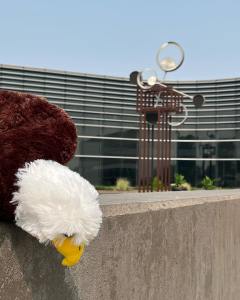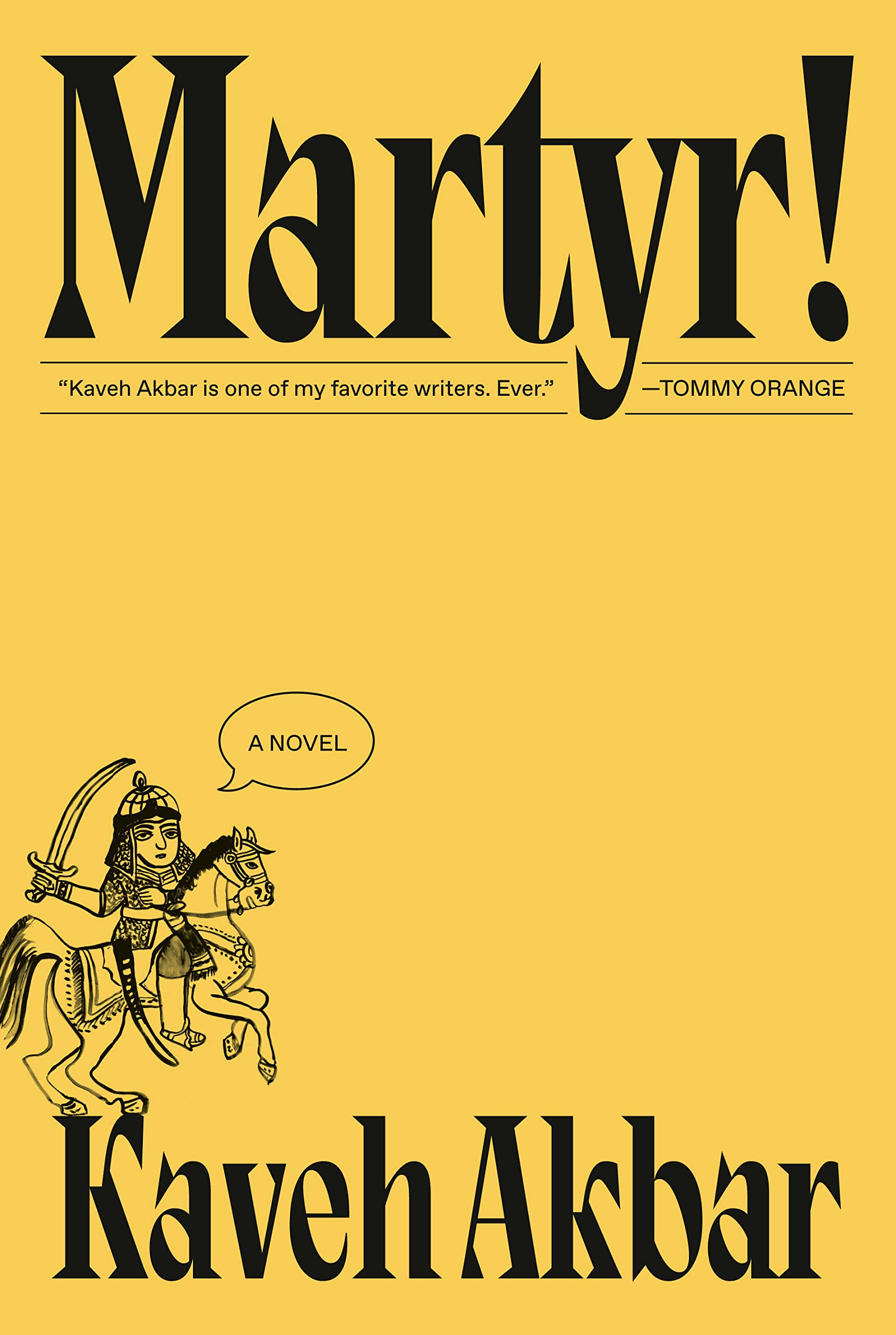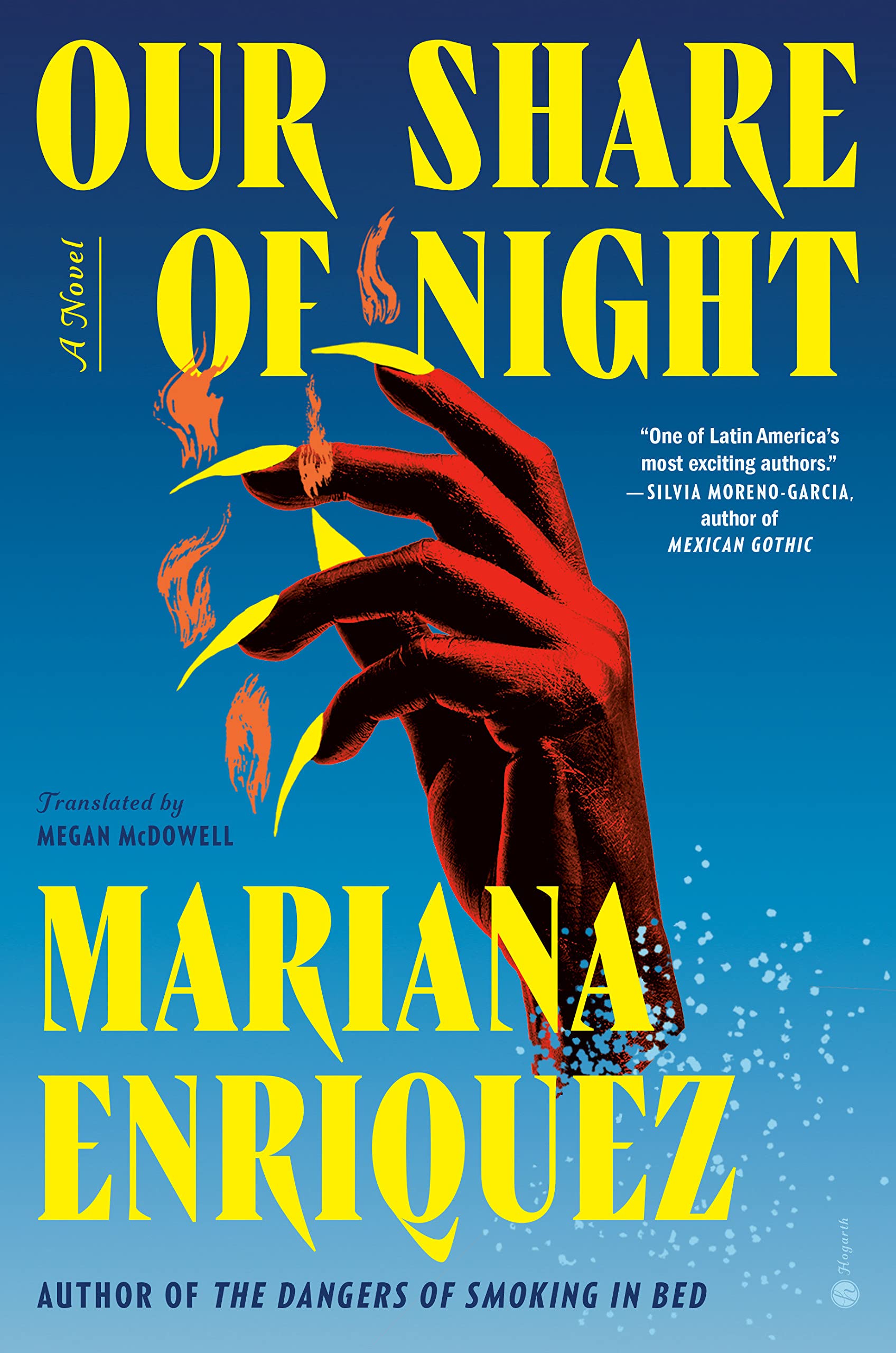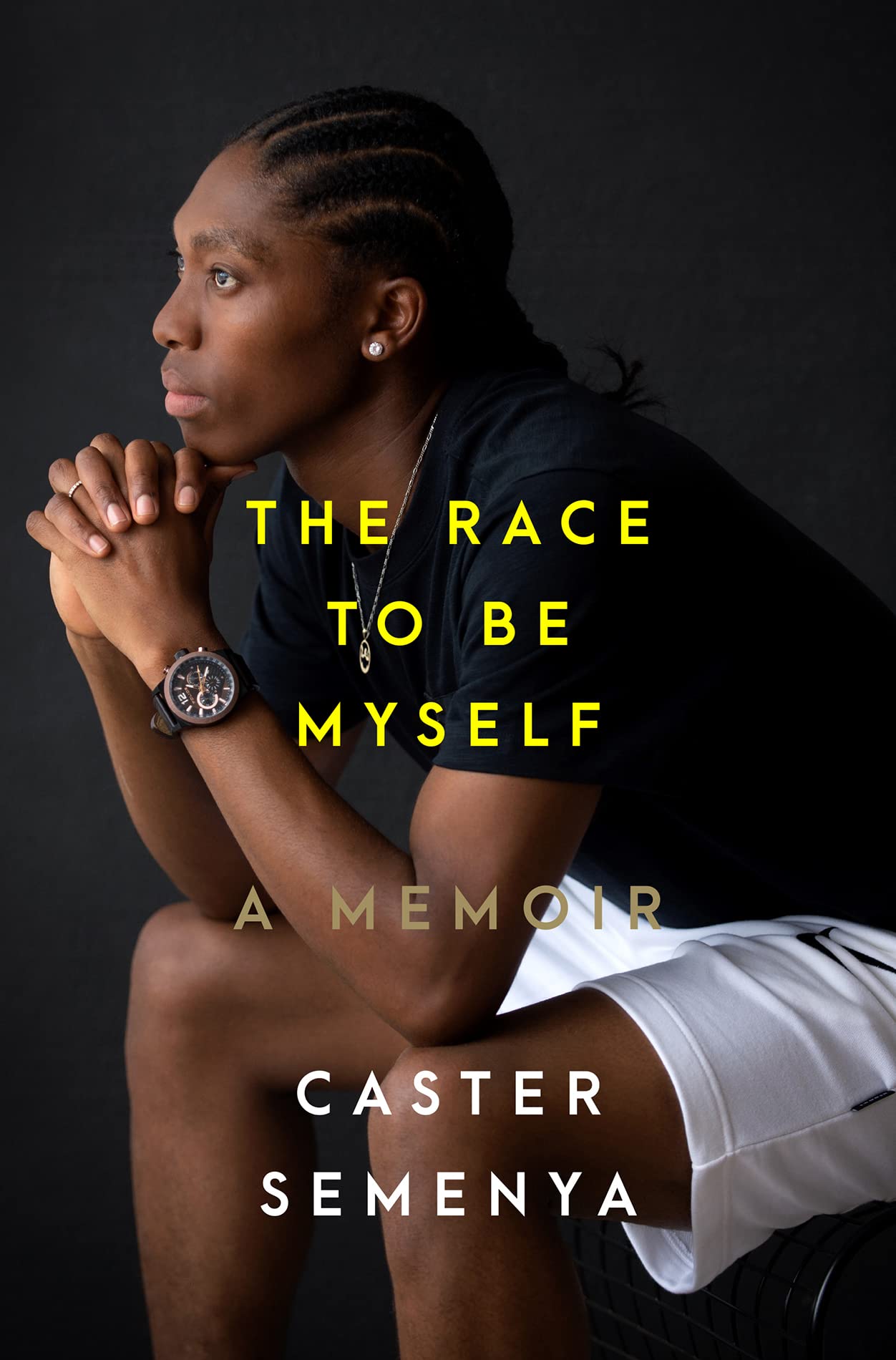From time to time, when we get a collection of related books into the library we like to share a list on a particular topic, but lately we’ve had some books come in that are too good not to share, even if they don’t fit with a particular theme. These titles are housed in Cedar Rapids, but you can request them to be delivered to any of the other centers at any time.
 Roget’s International Thesaurus (8th ed. – Revised and Updated), Call Number Ready Reference 423.1 R732
Roget’s International Thesaurus (8th ed. – Revised and Updated), Call Number Ready Reference 423.1 R732
NOTE: We keep this in the Ready Reference section behind our desk. Guess what our last edition was that we just replaced? Ask at the desk if you need to use it.
Academic Outsider: Stories of Exclusion and Hope by Victoria Reyes, Call Number: 378.198 R457a
NOTE: Normally I put in the publisher’s description, but I thought this book blurb the publisher included was clearer. “An urgent, candid, and path-breaking book. Academic Outsider uncovers the hidden curricula of academic gate-keeping practices and demonstrates how they are upheld by racial capitalism and racialized gender inequities. Without falling into a romanticized view of the margins, Reyes exposes the raw gritty effects of such practices on working-class women of color in the academy. She deftly unmasks the material conditions that make these women’s lives impossible, begging the question: who belongs in academia and who does not? With careful attention to how the personal is always political, Reyes unapologetically deploys women of color feminisms to expose the normalized structures of gendered, classed, and racialized violences cloaked by disciplinary metrics of success. This page-turner of a book will resonate with those who are marginalized by the academy and those who are complicit with its operations. This book embodies intersectional public scholarship at its finest.”―Ghassan Moussawi, author of Disruptions Situations
An Admirable Point: A Brief History of the Exclamation Mark! by Florence Hazrat, Call Number: 411 H431a
AfroFuturism: A History of Black Futures, Edited by Kevin M. Strait and Kinshasha Holman Conwill, Call Number: 305.896 S896a
Artificial Intelligence: A Guide for Thinking Humans by Melanie Mitchell, Call Number: 006.3 M682a
College Cookbook: Dorm Eating and Apartment Feasting by David Poran, Call Number: 641.5 P832c
 Dear Freshman: A Professor’s Guide to Getting it Right by Dr. Traci Davis, Call Number: 378.1 D264d
Dear Freshman: A Professor’s Guide to Getting it Right by Dr. Traci Davis, Call Number: 378.1 D264d
NOTE: This is a book to help you figure out what to do with all the books you’re expected to buy and the professors who assign them. It’s a short guide to your first year from a professor’s viewpoint.
Dear Sister: A Memoir of Secrets, Survival, and Unbreakable Bonds by Michelle Horton, Call Number: 362.829 H823d
NOTE: A sister’s report on how a woman was brutally abused, charged, convicted, and what happened next. Also, briefly touches on outrageous costs in prison.
Dorm Room Feng Shui: Find Your Gua > Find Your Chi by Katherine Olaksen, Call Number: 133.333 O42d
Eat, Poop, Die: How Animals Make Our World by Joe Roman, Call Number: 577 R758e
Existential Physics: A Scientist’s Guide to Life’s Biggest Questions by Sabine Hossenfelder, Call Number: 530.01 H829e
Eyeliner: A Cultural History by Zahra Hankir, Call Number: 391.63 H241e
Fire Weather: A True Story from a Hotter World by John Vaillant, Call Number: 363.379 V131f
NOTE: “In May 2016, Fort McMurray, the hub of Canada’s oil industry and America’s biggest foreign supplier, was overrun by wildfire. The multi-billion-dollar disaster melted vehicles, turned entire neighborhoods into firebombs, and drove 88,000 people from their homes in a single afternoon. Through the lens of this apocalyptic conflagration—the wildfire equivalent of Hurricane Katrina—John Vaillant warns that this was not a unique event, but a shocking preview of what we must prepare for in a hotter, more flammable world.”
Foreign Bodies: Pandemics, Vaccines, and the Health of Nations by Simon Schama, Call Number: 614.49 S299f
 The Furies: Women, Vengeance, and Justice by Elizabeth Flock, Call Number: 305.484 F628f
The Furies: Women, Vengeance, and Justice by Elizabeth Flock, Call Number: 305.484 F628f
NOTE: “Elizabeth Flock examines how three real-life women have used violence to fight back, and how views of women who defend their lives are often distorted by their depictions in media and pop culture. These three immersive narratives follow Brittany Smith, a young woman from Stevenson, Alabama, who killed a man she said raped her but was denied the protection of the Stand-Your-Ground law; Angoori Dahariya, leader of a gang in Uttar Pradesh, India, dedicated to avenging victims of domestic abuse; and Cicek Mustafa Zibo, a fighter in a thousands-strong all-female militia that battled ISIS in Syria. Each woman chose to use lethal force to gain power, safety, and freedom when the institutions meant to protect them—government, police, courts—utterly failed to do so. Each woman has been criticized for their actions by those who believe that violence is never the answer.”
Future Foods: How Modern Science Is Transforming The Way We Eat by David Julian McClements, Call Number: 641.3 M126f
Gene Krupa Drum Method by Gene Krupa, Call Number: 786.909K945g
Gods and Mortals: Ancient Greek Myths for Modern Readers by Sarah Iles Johnston, Call Number: 398.209 J734g
Going for Broke: Living on the Edge in the World’s Richest Country, Edited by Alissa Quart and David Wallis, Call Number: 305.569 Q19g
Graciela: One Woman’s Story of War, Survival, and Perseverance in the Peruvian Andes by Nicole Coffey Kellett with Graciela Orihuela Rocha, Call Number: 985.064 K293g
NOTE: “Graciela chronicles the life of a Quechua-speaking Indigenous woman in the remote Andean highlands during the war in Peru that killed seventy thousand people and displaced hundreds of thousands more in the 1980s and 1990s. The book traces her early years as a young child living in an epicenter of violence to her contemporary life as a postwar survivor. Graciela Orihuela Rocha’s history embodies the horrors, injustices, promises, and challenges faced by countless individuals who endured and survived the war. Her story provides intimate insights into deep-seated divisions within Peruvian society that center around skin color, gender, language, and ties to the land. These fault lines have endured to the present day, fostering discontent and violence in Peru.”
The Great Gelatin Revival: Savory Aspics, Jiggly Shots, and Outrageous Desserts by Ken Albala, Call Number: 641.864 A325g
 The Joy of Science by Jim Al-Khalili, Call Number: 501 A316j
The Joy of Science by Jim Al-Khalili, Call Number: 501 A316j
NOTE: “In this brief guide to leading a more rational life, acclaimed physicist Jim Al-Khalili invites listeners to engage with the world as scientists have been trained to do. The scientific method has served humankind well in its quest to see things as they really are, and underpinning the scientific method are core principles that can help us all navigate modern life more confidently. Discussing the nature of truth and uncertainty, the role of doubt, the pros and cons of simplification, the value of guarding against bias, the importance of evidence-based thinking, and more, Al-Khalili shows how the powerful ideas at the heart of the scientific method are deeply relevant to the complicated times we live in and the difficult choices we make.”
Kick It: A Social History of the Drum Kit by Matt Brennan, Call Number: 786.909 B838k
Outrageous: A History of Showbiz and the Culture Wars by Kliph Nesteroff, Call Number: 791 N468o
NOTE: “There is a common belief that we live in unprecedented times, that people are too sensitive today, that nobody objected to the actions of actors, comedians, and filmmakers in the past. Modern pundits would have us believe that Americans of a previous generation had tougher skin and seldom complained. But does this argument hold up to scrutiny?”
Pandemic of Delusion:Staying Rational in an Increasingly Irrational World by Tyson Gill, Call Number: 370.152 G475p
The Path to Paradise: A Francis Ford Coppola Story by Sam Wasson, Call Number: 791.43 C785p
NOTE: “Francis Ford Coppola is one of the great American dreamers, and his most magnificent dream is American Zoetrope, the production company he founded in San Francisco years before his gargantuan success, when he was only thirty. Through Zoetrope’s experimental, communal utopia, Coppola attempted to reimagine the entire pursuit of moviemaking. Now, more than fifty years later, despite myriad setbacks, the visionary filmmaker’s dream persists, most notably in the production of his decades in the making film and the culmination of his utopian ideals, Megalopolis. Granted total and unprecedented access to Coppola’s archives, conducting hundreds of interviews with the artist and those who have worked closely with him, Sam Wasson weaves together an extraordinary portrait. Here is Coppola, charming, brilliant, given to seeing life and art in terms of family and community, but also plagued by restlessness, recklessness and a desire to operate perpetually at the extremes. As Wasson makes clear, the story of Zoetrope is also the story of Coppola’s wife, Eleanor Coppola, and their children, and of personal lives inseparable from artistic passion. It is a story that charts the divergent paths of Coppola and his co-founder and onetime apprentice, George Lucas, and of their very different visions of art and commerce. And it is a story inextricably bound up in the making of one of the greatest, quixotic masterpieces ever attempted, Apocalypse Now, and of what Coppola found in the jungles of the Philippines when he walked the razor’s edge. That story, already the stuff of legend, has never been fully told, until this extraordinary book.”
Penning Poison: A History of Anonymous Letters by Emily Cockayne, Call Number: 364.156 C664p
The Radical Imagination of Black Women: Ambition, Politics, and Power by Pearl K. Ford Dowe, Call Number: 305.488 F711r
Robots Won’t Save Japan: An Ethnography of Eldercare Automation by James Wright, Call Number: 362.609 W951r
NOTE: “This new form of techno-welfare state that Japan is prototyping involves a reconfiguration of care that deskills and devalues care work and reduces opportunities for human social interaction and relationship building. Moreover, contrary to expectations that care robots will save labor and reduce health care expenditures, robots cost more money and require additional human labor to tend to the machines. As Wright shows, robots alone will not rescue Japan from its care crisis. The attempts to implement robot care instead point to the importance of looking beyond such techno-fixes to consider how to support rather than undermine the human times, spaces, and relationships necessary for sustainably cultivating good care.”
Sex Trafficking and Human Rights: The Status of Women and State Responses by Heather Smith-Cannoy, Patricia C. Rodda, and Charles Anthony Smith, Call Number: 364.155 S644s
 The Showman: Inside the Invasion That Shook the World and Made a Leader of Volodymyr Zelensky, Call Number: 947.708 Z49s
The Showman: Inside the Invasion That Shook the World and Made a Leader of Volodymyr Zelensky, Call Number: 947.708 Z49s
NOTE: “Simon Shuster chronicles the life and wartime leadership of Volodymyr Zelensky from the dressing rooms of his variety show in Ukraine to the muddy trenches of his war with Russia. Based on four years of reporting; extensive travels with President Zelensky to the front; and dozens of interviews with him, his wife, his friends and enemies, his advisers, ministers and military commanders, The Showman tells an intimate and eye-opening story of the President’s evolution from a slapstick actor to a symbol of resilience, revealing how he managed to rally the world’s democracies behind his cause. The book’s early chapters offer the first detailed account of Zelensky’s life in a nuclear bunker in the opening weeks of the invasion and the circumstances of his wife’s escape to safety with their children. Later, as the Russians retreat from Kyiv, we see Zelensky and his team emerge from the bunker and lead Ukraine in a series of crucial victories. The result is a riveting, up-close picture of the invasion as experienced by its number one target and improbable hero.”
The Sounds of the Cosmos: Gravitational Waves and the Birth of Multi-Messenger Astronomy by Mario Diaz, Gabriela Gonzalez, and Jorge Pullin, Call Number: 539.754 D615s
They Don’t Want Her There: Fighting Sexual and Racial Harassment in the American University by Carolyn Chalmers, Call Number: 344.777 C438t
NOTE: “Before the nation learned about workplace sexual harassment from Anita Hill, and decades before the #MeToo movement, Chinese American professor Jean Jew M.D. brought a lawsuit against the University of Iowa, alleging a sexually hostile work environment within the university’s College of Medicine. As Jew gained accolades and advanced through the ranks at Iowa, she was met with increasingly vicious attacks on her character by her white male colleagues—implying that her sexuality had opened doors for her. After years of being subjected to demoralizing sexual, racial, and ethnic discrimination, finding herself without any higher-up departmental support, and noting her professional progression beginning to suffer by the hands of hate, Jean Jew decided to fight back. Carolyn Chalmers was her lawyer. This book tells the inside story of pioneering litigation unfolding during the eight years of a university investigation, a watershed federal trial, and a state court jury trial. In the face of a university determined to defeat them and maintain the status quo, Jew and Chalmers forged an exceptional relationship between a lawyer and a client, each at the top of their game and part of the first generation of women in their fields. They Don’t Want Her There is a brilliant, original work of legal history that is deeply personal and shows today’s professional women just how recently some of our rights have been won—and at what cost.”
 Verified: How to Think Straight, Get Duped Less, and Make Better Decisions About What to Believe Online by Mike Cauldfield and Sam Wineburg, Call Number: 025.042 C372v
Verified: How to Think Straight, Get Duped Less, and Make Better Decisions About What to Believe Online by Mike Cauldfield and Sam Wineburg, Call Number: 025.042 C372v
Welcome to Dragon Talk: Inspiring Conversations About Dungeons and Dragons And the People Who Love to Play It by Shelly Mazzanoble and Greg Tito, Call Number: 793.93 M477w
Women in White Coats: How the First Women Doctors Changed the World of Medicine by Olivia Campbell, Call Number: 610.922 C189w
Women Who Change the World: Stories From the Fight For Social Justice, Edited by Lynn Lewis, Call Number: 305.42 L674w
Sarah Uthoff is a reference library at Kirkwood Community College. LIKE the Kirkwood Community College Library on Facebook and find links to Sarah all over the web at her About Me Profile.

















 A newly sober, orphaned son of Iranian immigrants, guided by the voices of artists, poets, and kings, embarks on a search that leads him to a terminally ill painter living out her final days in the Brooklyn Museum.
A newly sober, orphaned son of Iranian immigrants, guided by the voices of artists, poets, and kings, embarks on a search that leads him to a terminally ill painter living out her final days in the Brooklyn Museum. 



